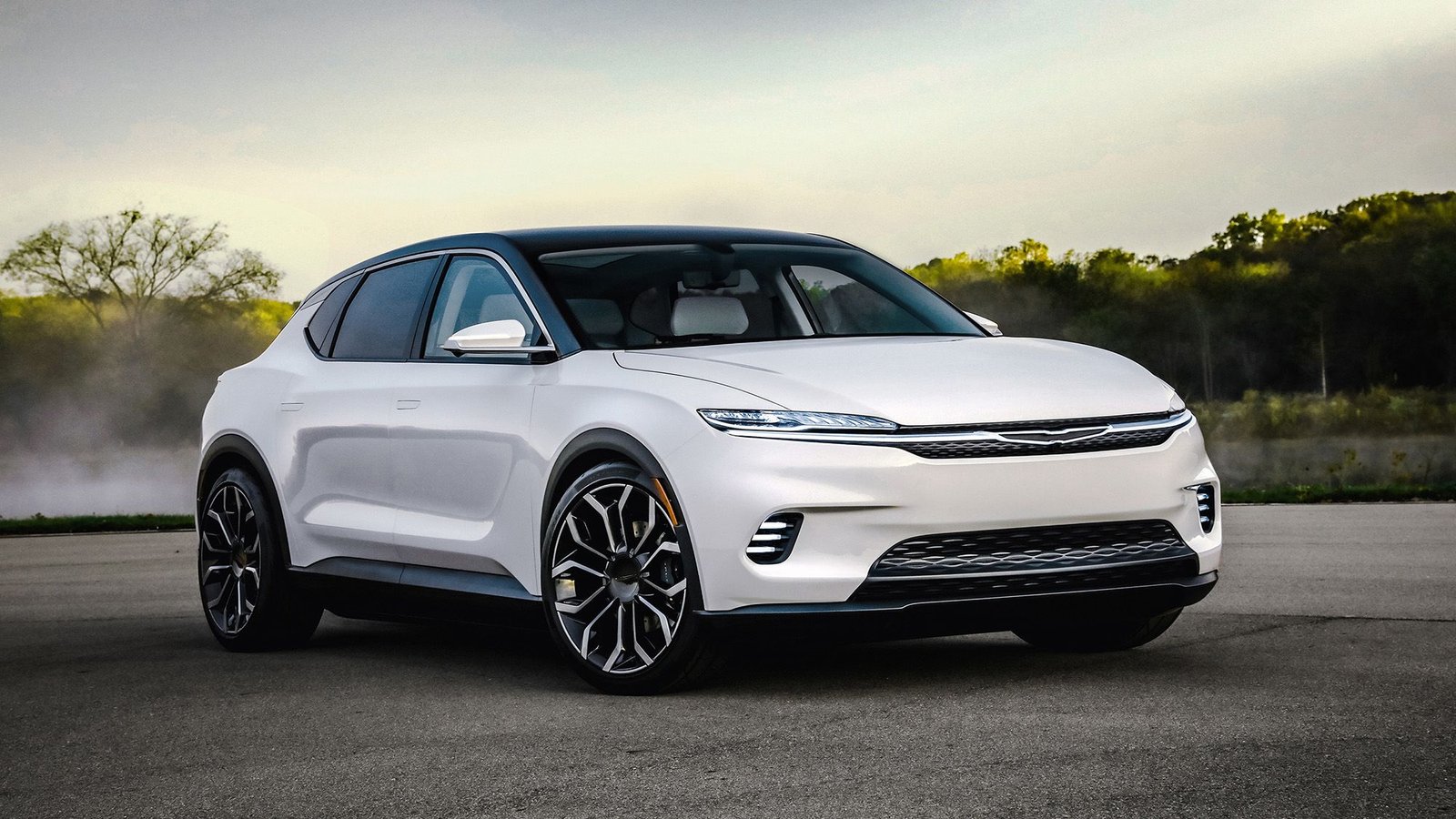Chrysler, a name synonymous with American automotive history, is poised for a transformative future in an industry that is rapidly evolving. As the automotive world shifts towards electric mobility, smart technologies, and sustainable practices, Chrysler is gearing up to redefine its legacy for a new era. This post delves into the future of Chrysler in the automotive industry, examining the key trends, strategies, and innovations that will drive the brand forward.
1. Chrysler’s Vision for an Electric Future
One of the most significant shifts in the automotive industry is the move towards electrification. Chrysler is fully embracing this trend, with plans to transition its entire lineup to electric vehicles (EVs) by 2028. This ambitious goal is part of a broader strategy to reduce carbon emissions and meet the growing consumer demand for eco-friendly transportation options.

Chrysler’s upcoming electric vehicles will build on the success of the Pacifica Hybrid, the brand’s first foray into electrification. Future models will offer extended ranges, faster charging capabilities, and advanced battery technology, ensuring that Chrysler remains competitive in the expanding EV market.
2. Advanced Technology Integration
As technology becomes increasingly integral to the automotive experience, Chrysler is investing in cutting-edge innovations to enhance its vehicles. From autonomous driving features to connected car technologies, Chrysler is focused on delivering a seamless and intuitive driving experience.
The Chrysler Airflow Concept, introduced at the 2022 Consumer Electronics Show (CES), provides a glimpse into the brand’s technological future. This concept vehicle showcases Level 3 autonomous driving capabilities, allowing for hands-free driving in certain conditions, as well as advanced connectivity features that integrate with the driver’s digital life. Expect future Chrysler models to continue this trend of blending technology with practicality.
3. Commitment to Sustainability
Sustainability is at the heart of Chrysler’s future plans. In addition to electrifying its vehicle lineup, the brand is exploring ways to make its manufacturing processes more environmentally friendly. This includes using recycled materials, reducing waste, and increasing energy efficiency in its production facilities.
Chrysler’s parent company, Stellantis, has outlined a comprehensive sustainability strategy that includes achieving carbon neutrality by 2038. Chrysler’s role in this initiative will be crucial, as it adopts green practices across its supply chain and works towards minimizing its environmental impact.
4. Strategic Partnerships and Collaborations
To accelerate its transition to electric vehicles and advanced technologies, Chrysler is forming strategic partnerships with leading companies in the tech and automotive sectors. These collaborations will enable Chrysler to access the latest innovations in battery technology, software development, and autonomous driving systems.
For example, Stellantis has partnered with LG Energy Solution to build a large-scale battery manufacturing plant in North America. This facility will supply the batteries needed for Chrysler’s future EVs, ensuring a steady and reliable source of components as the brand scales up its electric vehicle production.
5. Reimagining Chrysler’s Brand Identity
As Chrysler evolves, so too will its brand identity. The shift towards electric vehicles and sustainable practices will likely be accompanied by a refreshed brand image that resonates with modern consumers. Expect Chrysler to emphasize its commitment to innovation, quality, and environmental responsibility in its marketing and branding efforts.
This reimagined brand identity will also appeal to a younger, tech-savvy audience that values sustainability and cutting-edge technology. By aligning itself with these values, Chrysler aims to attract a new generation of customers while maintaining the loyalty of its existing fan base.
6. Challenges and Opportunities
The automotive industry is undergoing a period of rapid change, presenting both challenges and opportunities for Chrysler. The shift to electric vehicles requires significant investment in new technologies and infrastructure, which can be costly and complex. Additionally, the competitive landscape is intensifying, with established automakers and new entrants alike vying for market share in the EV space.
However, these challenges also present opportunities for Chrysler to differentiate itself. By leveraging its rich heritage, technological innovations, and commitment to sustainability, Chrysler is well-positioned to carve out a unique place in the future automotive market.
7. What’s Next for Chrysler?
Looking ahead, Chrysler’s future in the automotive industry is bright, with several exciting developments on the horizon. The brand is expected to unveil its first all-electric vehicle by 2025, with additional models to follow. These new vehicles will embody Chrysler’s vision of combining performance, luxury, and sustainability in a way that sets them apart from the competition.
Chrysler is also likely to continue expanding its lineup to include electric SUVs, sedans, and potentially even trucks, catering to a wide range of consumer preferences. As the brand continues to innovate and evolve, it will play a crucial role in shaping the future of the automotive industry.
Conclusion
The future of Chrysler in the automotive industry is one of innovation, sustainability, and transformation. As the brand embraces electric vehicles, advanced technologies, and a renewed commitment to environmental responsibility, it is poised to lead the way into a new era of mobility. With strategic partnerships, a reimagined brand identity, and a focus on meeting the needs of modern consumers, Chrysler is set to thrive in the years to come, cementing its place as a forward-thinking leader in the automotive world.

